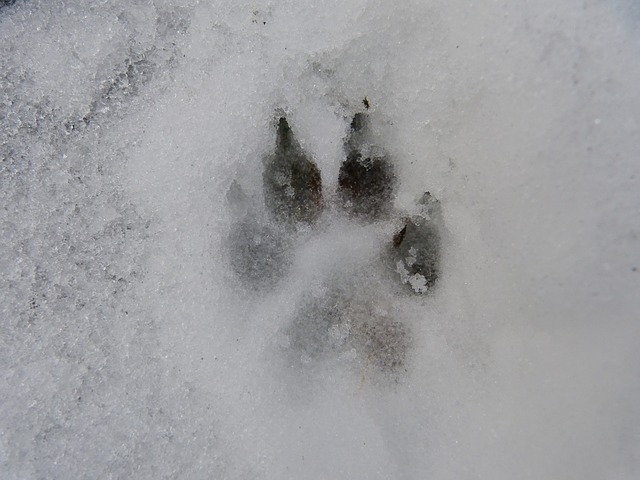While winter wouldn’t be complete without a good snowfall, snowy scenes always come with a fair share of headaches. Keeping roads, driveways, and garden paths clear of snow and ice is an important safety measure, but it also poses potential problems for your dog. Many de-icer products contain hazardous chemicals. For your dog, it’s enough to make them seriously ill, injured, and uncomfortable.

The Problem With De-icer
The de-icer you depend on each winter does its magic by lowering the freezing point of water. It turns ice and snow into a loose slush that’s easy to clean up. Sodium chloride (salt), potassium chloride, magnesium chloride, and calcium carbonate are all chemical substances used as main ingredients in most types of de-icer.
While they’re good to have in the midst of a winter storm, those ingredients can cause external and internal harm both on their own and combined in a de-icer product. Ingesting large quantities of salt is deadly for dogs. Even consuming small amounts of magnesium chloride and potassium chloride can cause gastrointestinal irritation. Your pup will have a serious stomach ache, and the de-icer will also hurt their paws. The chemicals dry out their skin and cause painful cracking and bleeding on their paw pads.

How to Help Your Dog
Keeping your dog indoors all winter isn’t an option, but there are ways to protect their paws and keep your walkways clear of ice and snow. If they’re going outside for a quick bathroom break, wipe their paws clean as they come back in. For longer walks and cold-weather adventures, invest in a good pair of dog booties. Make sure they’re waterproof and comfortable for your dog to wear.
There are also pet-safe ice melt options to replace those chemical-based products. Safe Paw is specially manufactured to be safe for animals. You can also spread sand or kitty litter over icy surfaces. It won’t melt the ice or snow, but it’ll create much-needed traction to keep you from slipping.

If you suspect your dog has ingested any amount of de-icer, call your veterinarian. Remember the effects of the poisoning will largely depend on your dog’s size. If a Chihuahua and a Labrador ingest the same amount of chemical, the Labrador might not show any symptoms while the Chihuahua could become extremely ill. If you’re ever in doubt, prioritize pet safety by seeking professional help.


